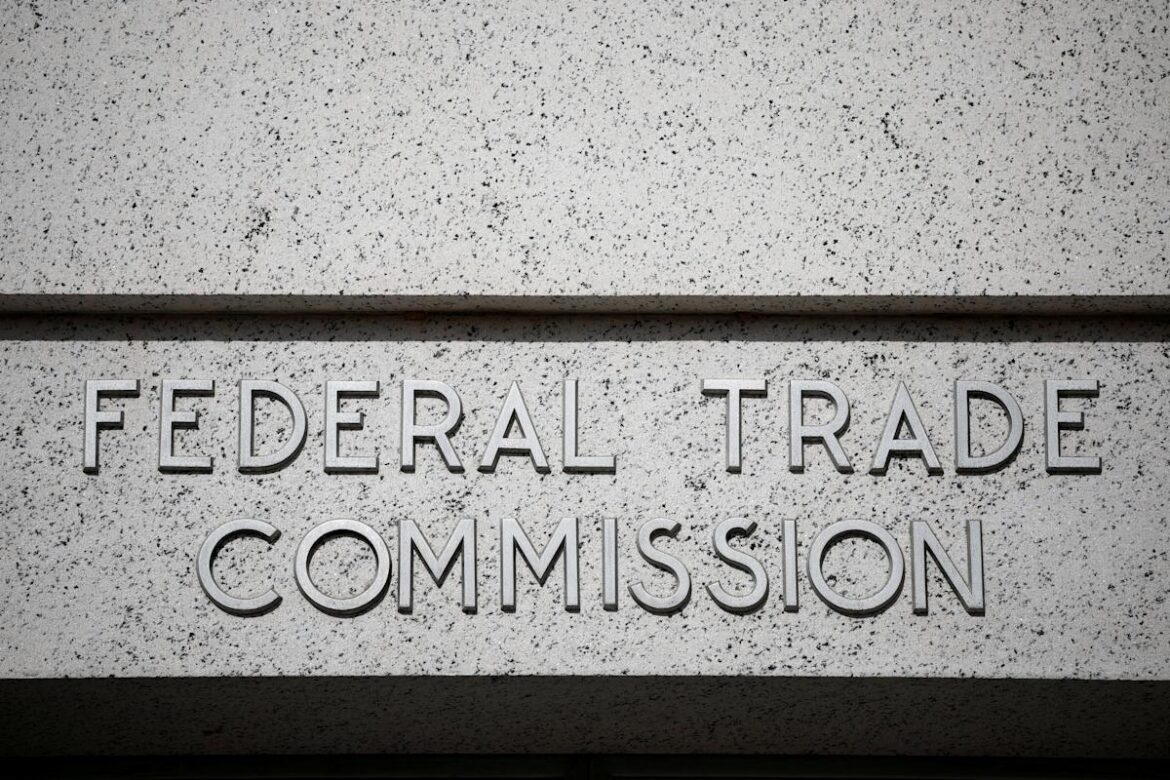As Microsoft slashes jobs and raises prices, former US Federal Trade Commission chair Lina Khan has taken to X to say that the company’s actions since completing its acquisition of Activision Blizzard in 2023 is pretty much what the FTC warned would happen when it opposed the deal.
Khan, you may recall, was head of the FTC when it challenged Microsoft’s proposed acquisition of Activision Blizzard, a convoluted process that didn’t formally end until May of 2025—almost two years after the deal closed.
“Microsoft’s acquisition of Activision has been followed by significant price hikes and layoffs, harming both gamers and developers,” Khan wrote on X. “As we’ve seen across sectors, increasing market consolidation and increasing prices often go hand-in-hand.
Related articles
“As dominant firms become too-big-to-care, they can make things worse for their customers without having to worry about the consequences.”
Microsoft’s acquisition of Activision has been followed by significant price hikes and layoffs, harming both gamers and developers. As we’ve seen across sectors, increasing market consolidation and increasing prices often go hand-in-hand. As dominant firms become… https://t.co/FoI50tlEsLOctober 3, 2025
Well, when you’re right, you’re right, and it’s hard to argue that Khan wasn’t right on this one. The FTC filed a lawsuit to block the deal in 2022 over concerns that the impact of the proposed acquisition was “reasonably likely to substantially lessen competition and/or tend to create a monopoly in both well-developed and new, burgeoning markets” if it was allowed to go through.
Microsoft and Activision, of course, insisted otherwise: Bobby Kotick, then the CEO of Activision Blizzard, said in a July 2023 statement that the merger “will benefit consumers and workers,” and also “enable competition rather than allow entrenched market leaders to continue to dominate our rapidly growing industry.”
The deal was closed in October 2023, even though the FTC’s legal action against it was still pending, and it’s been one shitty thing after another since then. Just a few months after the deal was sealed, Microsoft laid off 1,900 workers at Activision Blizzard and Xbox, and cancelled the studio’s long-awaited survival game; then in September 2024, another 650 people were shown the door. That was followed by the layoff of 9,000 more employees across Microsoft in July 2025, a spot of unpleasantness that also saw multiple game cancellations, the closure of The Initiative, and knock-on impacts on other studios, even as Xbox boss Phil Spencer said the company’s gaming business “never looked stronger.”
Meanwhile, in case you hadn’t heard, the cost of Game Pass Ultimate and PC Game Pass also jumped significantly this week. Which is actually the second price hike for Game Pass since the Activision Blizzard deal was concluded: The FTC had some harsh words for the previous (and, ironically, much smaller) price increase in July 2024.
Khan was replaced as chair of the FTC in January 2025 by incoming president Donald Trump, so her comments on X don’t carry any regulatory weight. But even if this is a hollow I-told-you-so, I’d say it’s a well-earned one.








